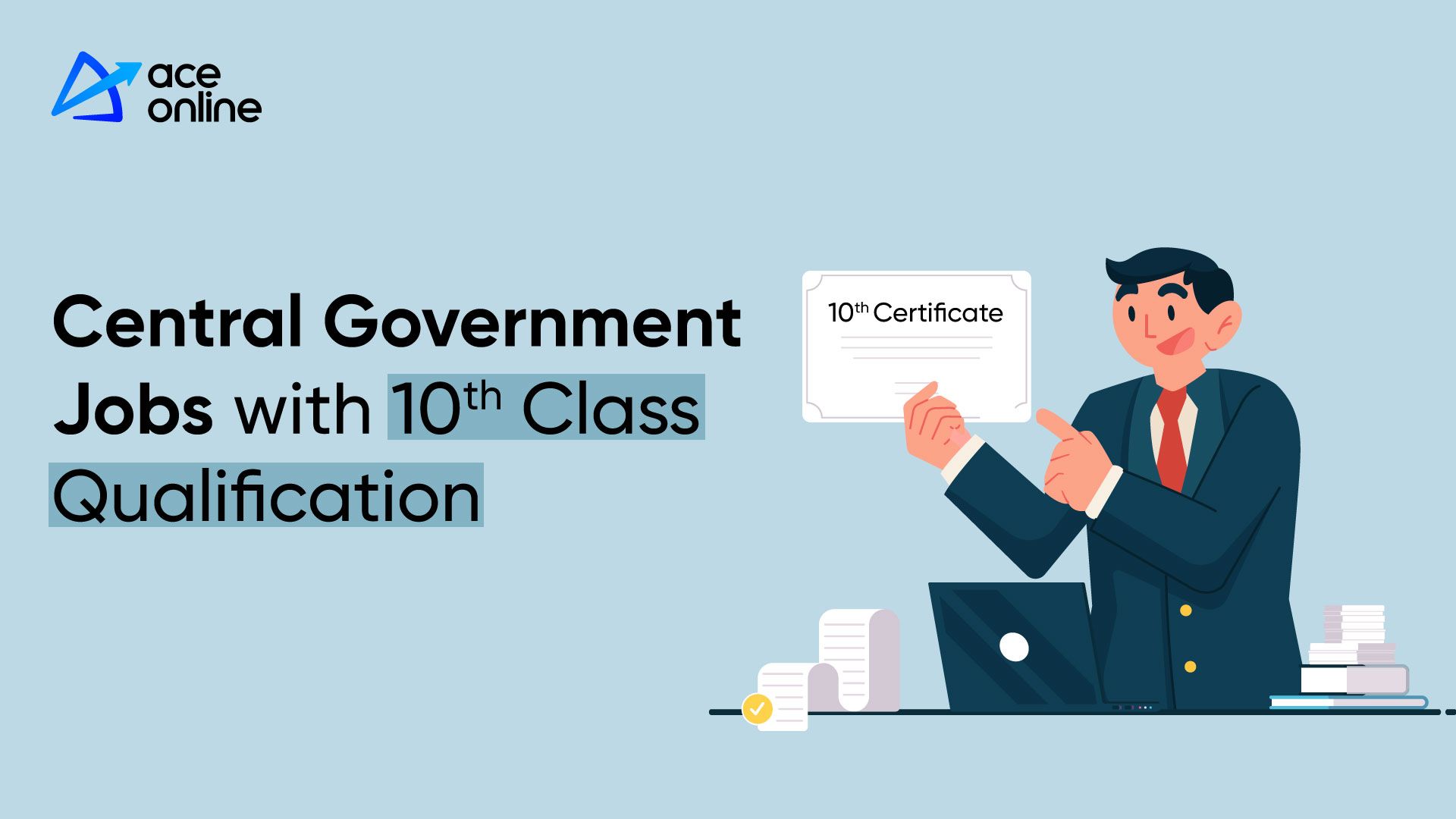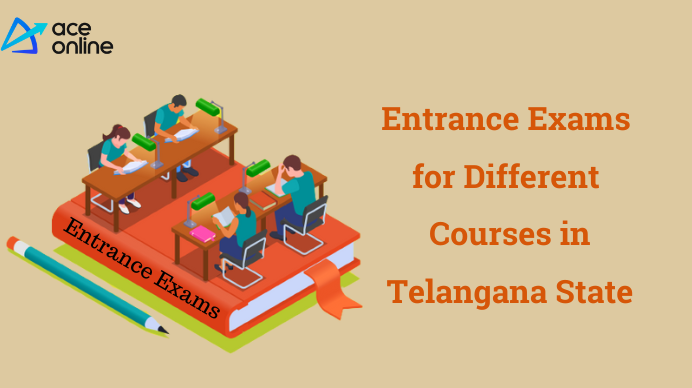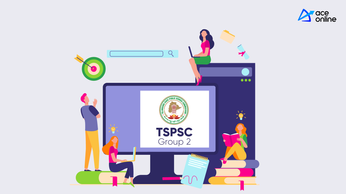
How to Prepare Economy for Competitive Exams? Tips & Strategies
In the PSC exams, One of the Paper Syllabus is purely related to the Economy. In the syllabus which is divided into two sections, the first section deals with the economy of India and the second section deals with the economy of that particular state.
In today's highly competitive world, economic knowledge and understanding have become essential for success in various competitive exams. Whether you are aspiring to pursue a career in banking, civil services, or any other field that requires a strong grasp of economic concepts, it is crucial to prepare effectively and efficiently.
This article aims to provide you with valuable tips and strategies to help you navigate the complexities of economic topics and enhance your preparation for competitive exams. By following these guidelines, you will be equipped with the necessary tools to tackle economic questions, analyze data, and develop a comprehensive understanding of economic principles. So, let's delve into the world of economic exam preparation and pave the way toward success!
In the PSC exams, One of the Paper Syllabus is purely related to the Economy. In the syllabus which is divided into two sections, the first section deals with the economy of India and the second section deals with the economy of that particular state. A thorough understanding of each and every topic mentioned in the syllabus is a must when going through past papers. Candidates should realize that reading standard books will improve their subject knowledge as well as their chances of success.

How to prepare the Indian economy?
First Chapter
The first chapter broadly covers the aspects related to plans and reforms. In order to study the plans, the objectives of the plans, the allocation of resources between different sectors, the growth achieved by the plans, planning strategies, successes, and failures should be examined. Awareness should be developed on the basis of public sector investment in the plans.
As part of the first generation of reforms, the reforms introduced in 1985 under Rajiv Gandhi and the reforms brought by the central government led by PV Narasimha Rao in 1991 should be studied. As part of the second generation of reforms, one should be aware of the relaxation of restrictions on foreign direct investment in various sectors since 2001-02 and the Goods and Services Tax (GST). As part of the plans, questions are likely to come from the schemes launched for the eradication of poverty and unemployment. Apart from these, awareness should be developed on the 11th plan progress, 12th plan highlights, inclusive growth, and NITI Aayog.
Second Chapter
In the second chapter, topics like agricultural and industrial policies, monetary and fiscal policies, monetary imbalance, foreign direct investment, and current accounts are included. In relation to agricultural policies, awareness should be developed of technical reform policies, institutional reforms, and marketing and pricing policies in the agricultural sector. As part of the industrial policies, the main points of the Industrial Resolutions of 1956, 1977, 1980, 1990, and 1991 announced by the Central Government should be examined.
Know about the monetary policy objectives adopted by the Reserve Bank to control the money supply. Apart from this, the reasons for the failure of the Reserve Bank in achieving the monetary policy objectives should also be studied. New foreign trade highlights for 2015-20 should be reviewed. Reasons, why India is facing a current account deficit and steps taken by the government or RBI to control the current account deficit, should be examined. Regarding foreign direct investment, notes should be prepared on the FDI limit in various sectors, state-wise and sector-wise flow of FDI.

Third Chapter
It includes demographic factors. As a part of this, statistics should be collected for the population of 0-6 age group, population growth of population above 60 years, men and women. An understanding of the demographic dividend is essential. The indicators used in the formulation of the Human Development Index and the statistics for India should be studied in respect of the respective indicators.
Chapter Four
In this, questions are likely to be asked on monetary functions, aggregate monetary resources, liquidity sources (L1, L2, L3), and new monetary sources (NM1, NM2, NM3) in relation to the banking sector. In addition to these, key points in monetary demand theories (Fisher, Marshall, Pigou, Robertson, Keynes, Friedman, Tobin) should be studied. How do commercial banks create leverage in the banking sector? Notes should be made on obstacles to leverage creation. Understanding non-recoverable loans and deposits is necessary as part of the development of commercial banks before and after nationalization.
Apart from this, questions are also likely to be asked about bank mergers. We need to create awareness about payment banks that have started recently. Questions related to inflation are likely to come from topics like types of inflation, the impact of inflation on the economy, stagflation, demand-induced inflation, cost-induced inflation, disinflation, and the Phillips line. Questions are likely to be asked on the revenue account, capital account, plan expenditure, non-plan expenditure, fiscal deficit, revenue, and primary deficit along with tax and non-tax means in relation to the central budget. As part of the Goods and Services Tax, the highlights of the GST Bill must be read.

Fifth Chapter
In this, definitions of economic growth and economic development should be studied. In addition, one must understand the characteristics of an underdeveloped economy like India. Growth in the government, private (corporate), and family sectors should be examined as part of capital formation. In relation to growth strategies, one should study the growth theories of Marx, Robinson, Lewis, and Prebisch Singer along with balanced and unbalanced growth theories.
Chapter Six
In the sixth chapter cover the concepts of national income. Make notes on the concepts of GDP, NDP, Gross Expenditure Income, and Per Capita Income at Factor Cost. The statistics regarding the share of various sectors should be collected in recent times. Broadly, there should be an understanding of pre-independence and post-independence methods of calculating national income. Questions are likely to arise mainly on methods of estimating national income such as production, income, and expenditure methods.
In conclusion, preparing the economy for competitive exams necessitates a comprehensive and strategic approach. By adhering to the tips and strategies provided in this guide, individuals can optimize their exam readiness and boost their chances of success. It is essential to cultivate a disciplined study routine, keep abreast of current economic trends, engage in ample practice sessions, and seek assistance when necessary.
Moreover, maintaining a balanced lifestyle and effectively managing time will greatly contribute to effective exam preparation. It is important to remember that triumph in competitive exams is not solely determined by innate intelligence, but also by resilience, dedication, and perseverance. With diligent planning and unwavering commitment, individuals can excel in the realm of economics and accomplish their academic and professional aspirations.

ACE Online Newsletter
Join the newsletter to receive the latest updates in your inbox.







